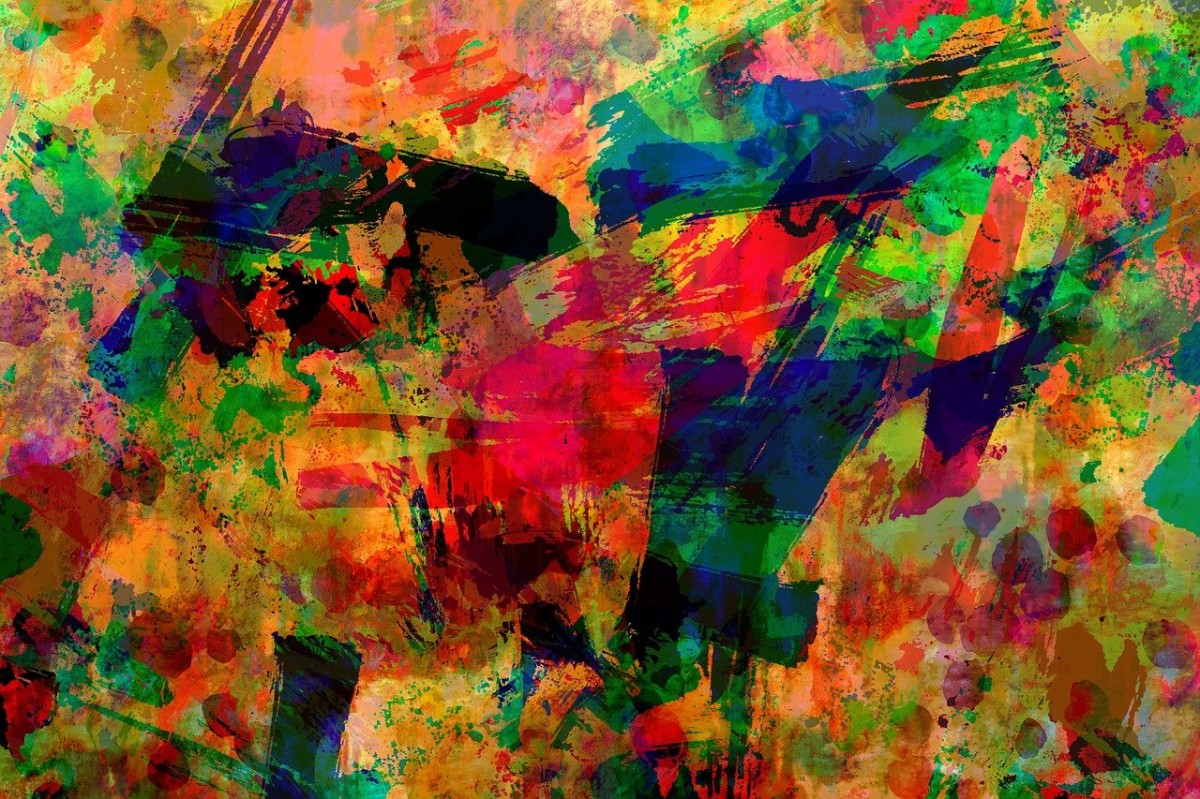Almost a year after the sudden governmental dismissal of Matej Drlička from the position of Director of the Slovak National Theatre, CCS organisations gathered in Bratislava, Slovakia to advocate their "urgent" demands for EU legislation securing artistic freedom.
Here is a timer of events building up to the CCS' initiative to collaborate towards an EU Artistic Freedom Art, as announced in the landmark Bratislava Declaration.
Growing pressure on artistic freedom in Slovakia since 2023
As documented in the Early Warning report, released by the Artistic Freedom Initiative (AFI) and Open Culture!, a rapid deterioration of artistic freedom and "politicization of arts and culture" was observed in Slovakia, after the parliamentary elections of September 2023. According to the report, new legislation granted the Ministry expanded powers to appoint board members, overrule expert evaluations and veto funding decisions.
Legal reforms included removing cultural institutions' protections against unjustified leadership dismissals and enabling direct ministerial intervention without cause, echoing relevant measures taken earlier in Hungary and Poland.
Key cultural funding bodies, such as the Audiovisual Fund (AVF) and the Slovak Arts Council (FPU) came under full political control. Leaders of key cultural institutions were suddenly dismissed in August 2024 due to their "activism" such as Matej Drlička, Director of Slovakia's National Theatre and Alexandra Kusá, Director of Slovakia's National Gallery.
These events led to massive protests in Slovakia and mobilisation of CCS advocacy organisations across Europe and worldwide.
CCS advocacy responses to artistic freedom threats during the last two years in the EU and worldwide
Already in 2023, artistic freedom was the main focus of the final report of the 9th World Summit on Arts and Culture, with the participation of over 400 cultural policymakers, academics, artists, and representatives from 90 countries.
In September 2024, Culture Action Europe initiated a call to the member states and the EU for urgent policy action to protect artistic freedom and autonomy across Europe, underscoring worrying trends of political censorship, driven by rising far-right movements.
In November 2024, the IETM (International Network for Contemporary Performing Arts) published a statement regarding the deterioration of artistic freedom in Europe, specifically due to increasing political intervention in cultural organisations.
Artistic freedom, along with fair wages and decent working conditions for artists and cultural workers was included in the G20 leaders' declaration, by the Brazilian presidency in November 2024.
In May 2025, the Freemuse - State of Artistic Freedom Report 2025 was released, documenting that in 2024 as in 2023, "artists continued to be victims of war, censored for speaking out, arrested and even killed. Artists were at the forefront of protests, and some suffered the consequences. The war on Gaza resulted in censorship in countries in the West that otherwise have good free speech protections. Commentary on the war led to cancellations of events and exhibits and threats of defunding, notably in Germany and the USA".
Initiated in March 2025 and ahead of the Commission's proposal for the next MFF, CAE's campaign, ASK, PAY, TRUST, included a call to integrate artistic freedom into the annual monitoring EU Rule of Law Report.
Most recently, artistic freedom was one of the most urgent demands highlighted in the consultations of the Commission for the European Culture Compass.
Bratislava Declaration: "Now is the time to act" as political interference has become a routine
The Bratislava Declaration on Artistic Freedom was adopted in May 2025. It serves as both, the outcome of the relevant conference - initiated by the Slovak grassroots coalition Open Culture!, and the beginning of drafting a European Artistic Freedom Act proposal. The Declaration signatories include major and individual CCS advocacy organisations in the EU.
In their text, they warn that "Now is the time to act to prevent irreversible damage to Europe’s democratic cultural structures", establishing a clear link between a democratic society and the CCS, when effectively protected. They underscore alarming trends across EU member states including authoritarianism, a "routine political interference", censorship, changing of legal provisions and redirecting public funding to "politically compliant" cultural institutions.
In the six articles of the declaration, they "acknowledge the emergency" of artistic freedom threats and "advocate" for artistic freedom without censorhip. They "demand" politically independent public funding and "express" their solidarity with attacked creators and artists at risk. They "demand" addressing the precarious EU CCS working conditions, with a special focus on women, persons with disabilities and minority groups. They "urge" for the creation of consisted EU protection specifically through a European Artistic Freedom Act, safeguarding artistic freedom and the rule of law across all member states.
The signatories conclude with the announcement of the creation of a working group on the development of a legal text proposal on a European Artistic Freedom Act, in consultation with EU institutions. The proposed EU Artistic Freedom Act is described as along the lines of the European Media Freedom Act and feeding into EU policies, such as the Rule of Law, the Culture Compass and the Democracy Shield.
Find more here
Image by Gerd Altmann from Pixabay - Free for use under the Pixabay Content License.








